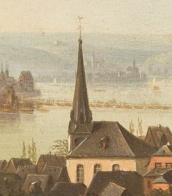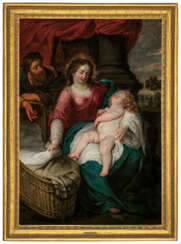Jan van den Hoecke (1611 - 1651) — Auction price
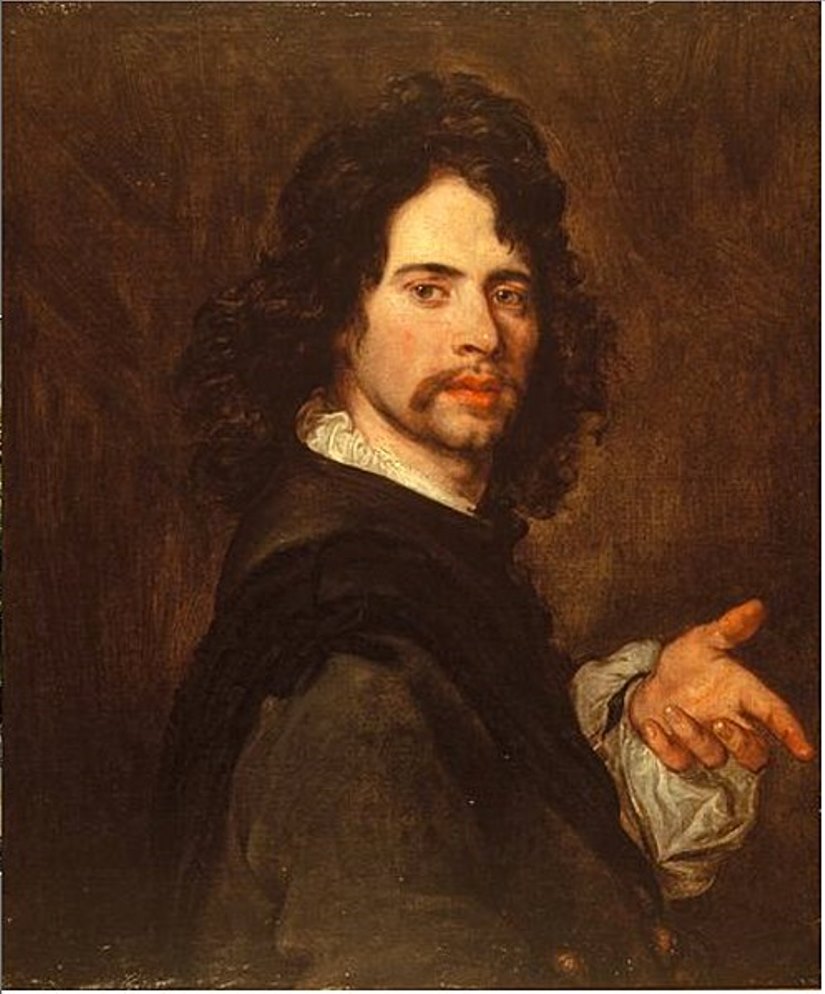
Jan van den Hoecke (Dutch: Jan van den Hoecke, Johannes van den Hoecke) was a Flemish Baroque painter, a pupil of Rubens.
The young artist was trained in the studio of Rubens, where he was one of the main assistants of the famous painter. Then lived and worked in Italy, in Vienna at the court of the Holy Roman Emperor Ferdinand III Habsburg. After returning to Antwerp, Hoecke was court painter to Archduke Leopold Wilhelm of Austria. Here he completed his most important and complex commission, the design of a series of 12 wall tapestries for Leopold Wilhelm around 1650, and also made several portraits of his suzerain.
Jan van den Hoecke was the author of a number of monumental paintings influenced by Rubens and A. van Dyck, such as The Triumph of David (1635). He painted pictures on biblical, mythological and allegorical subjects, altarpieces for the churches of Flanders.
His brother was the battle painter Robert van den Hoecke (1622-1668).
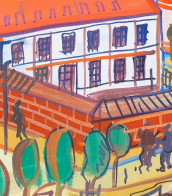

Jan van den Hoecke (Dutch: Jan van den Hoecke, Johannes van den Hoecke) was a Flemish Baroque painter, a pupil of Rubens.
The young artist was trained in the studio of Rubens, where he was one of the main assistants of the famous painter. Then lived and worked in Italy, in Vienna at the court of the Holy Roman Emperor Ferdinand III Habsburg. After returning to Antwerp, Hoecke was court painter to Archduke Leopold Wilhelm of Austria. Here he completed his most important and complex commission, the design of a series of 12 wall tapestries for Leopold Wilhelm around 1650, and also made several portraits of his suzerain.
Jan van den Hoecke was the author of a number of monumental paintings influenced by Rubens and A. van Dyck, such as The Triumph of David (1635). He painted pictures on biblical, mythological and allegorical subjects, altarpieces for the churches of Flanders.
His brother was the battle painter Robert van den Hoecke (1622-1668).
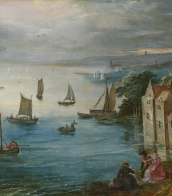

Jan van den Hoecke (Dutch: Jan van den Hoecke, Johannes van den Hoecke) was a Flemish Baroque painter, a pupil of Rubens.
The young artist was trained in the studio of Rubens, where he was one of the main assistants of the famous painter. Then lived and worked in Italy, in Vienna at the court of the Holy Roman Emperor Ferdinand III Habsburg. After returning to Antwerp, Hoecke was court painter to Archduke Leopold Wilhelm of Austria. Here he completed his most important and complex commission, the design of a series of 12 wall tapestries for Leopold Wilhelm around 1650, and also made several portraits of his suzerain.
Jan van den Hoecke was the author of a number of monumental paintings influenced by Rubens and A. van Dyck, such as The Triumph of David (1635). He painted pictures on biblical, mythological and allegorical subjects, altarpieces for the churches of Flanders.
His brother was the battle painter Robert van den Hoecke (1622-1668).
